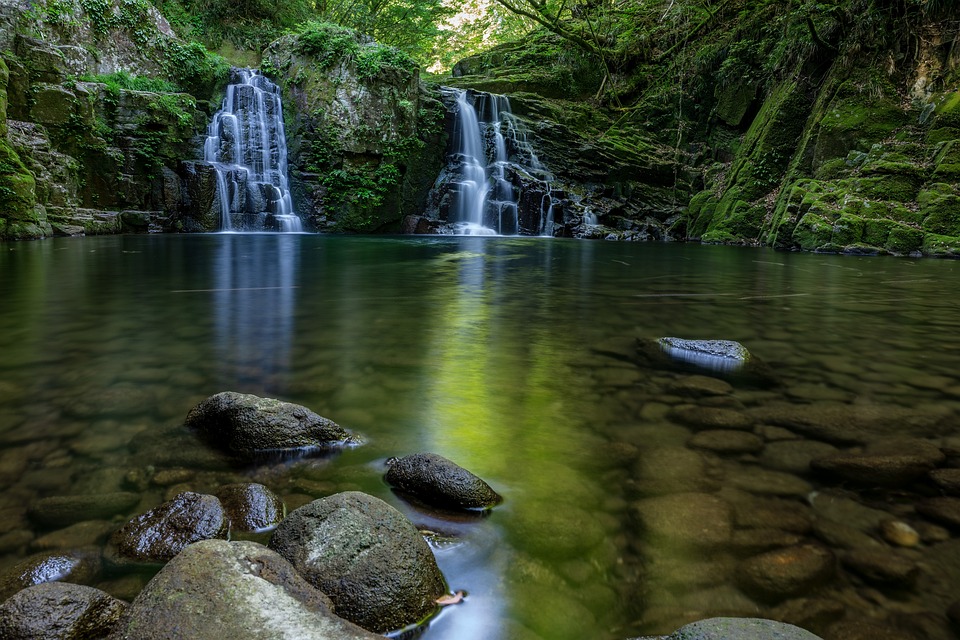Fukui Prefecture: Where Tradition Meets Innovation in Japan
Fukui Prefecture, located on the west coast of Japan’s main island of Honshu, is a region that seamlessly blends tradition with innovation. Known for its rich history, stunning natural beauty, and forward-thinking industries, Fukui offers visitors a unique opportunity to experience both the old and the new of Japanese culture.
Ancient Traditions
One of the most famous attractions in Fukui is Eiheiji Temple, a sprawling complex that serves as the main training center for Soto Zen Buddhism. Founded in the 13th century by Dogen Zenji, Eiheiji is a place of quiet contemplation and spiritual awakening. Visitors can explore the temple grounds, participate in meditation sessions, and learn about the history and teachings of Soto Zen.
Another must-see destination in Fukui is Ichijodani Asakura Family Historic Ruins, a meticulously preserved archaeological site that offers a glimpse into the daily life of a samurai family during the Muromachi period. The ruins include a reconstructed samurai residence, historic artifacts, and a museum that tells the story of the Asakura clan.
Natural Beauty
Fukui is also home to some of Japan’s most breathtaking natural landscapes. One of the most famous spots is Tojinbo Cliffs, a series of rugged basalt cliffs that stretch along the Sea of Japan coast. These dramatic rock formations have been shaped by the relentless force of the sea, creating a stunning backdrop for visitors to enjoy.
Another popular natural attraction in Fukui is Echizen-Kaga Kaigan Quasi-National Park, a coastal park that features sandy beaches, rocky coves, and picturesque islands. Visitors can explore hiking trails, relax on the beach, or take a boat tour to discover the park’s diverse flora and fauna.
Innovative Industries
While Fukui is known for its ancient traditions and natural beauty, it is also a hub of innovation and industry. One of the region’s most famous exports is Echizen Washi, a type of handmade paper that has been produced in Fukui for over 1,500 years. The paper is made using traditional techniques and high-quality fibers, resulting in a durable and beautiful product that is used for everything from calligraphy to artwork.
Another key industry in Fukui is uranium mining. The region is home to the only active uranium mine in Japan, which plays a crucial role in the country’s nuclear energy production. Visitors can learn about the process of uranium mining and its impact on the local economy at the Mining Museum in Wakasa Town.
Cultural Experiences
For those interested in experiencing traditional Japanese culture, Fukui offers a range of hands-on activities and workshops. Visitors can learn the art of tea ceremony at a local tea house, try their hand at pottery making at a ceramics studio, or participate in a traditional kimono dressing experience.
Fukui is also known for its local cuisine, which showcases the region’s fresh seafood and agricultural products. Some of the must-try dishes include Echizen crab, a delicacy prized for its sweet and tender meat, and Wakasa blowfish, a local specialty that is known for its delicate flavor.
Conclusion
From ancient temples to modern industries, Fukui Prefecture offers a fascinating blend of tradition and innovation that is sure to captivate visitors. Whether you are seeking spiritual enlightenment, natural beauty, or cultural experiences, Fukui has something for everyone. Plan your trip to Fukui today and discover the magic of this hidden gem in Japan.
